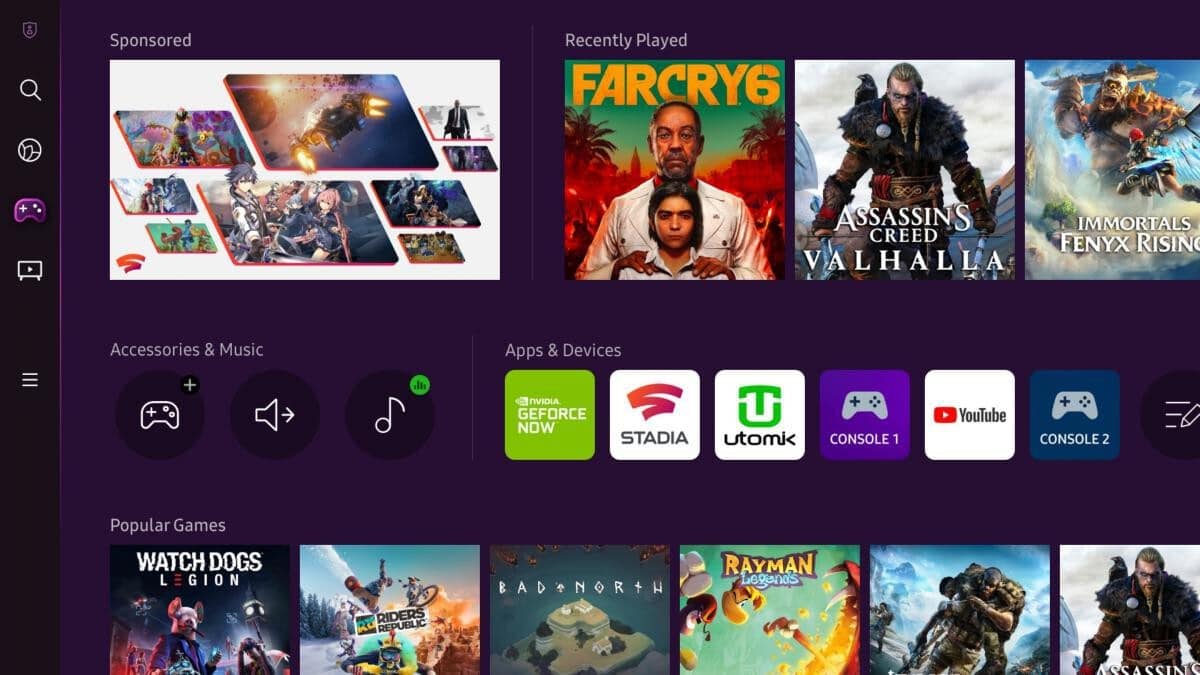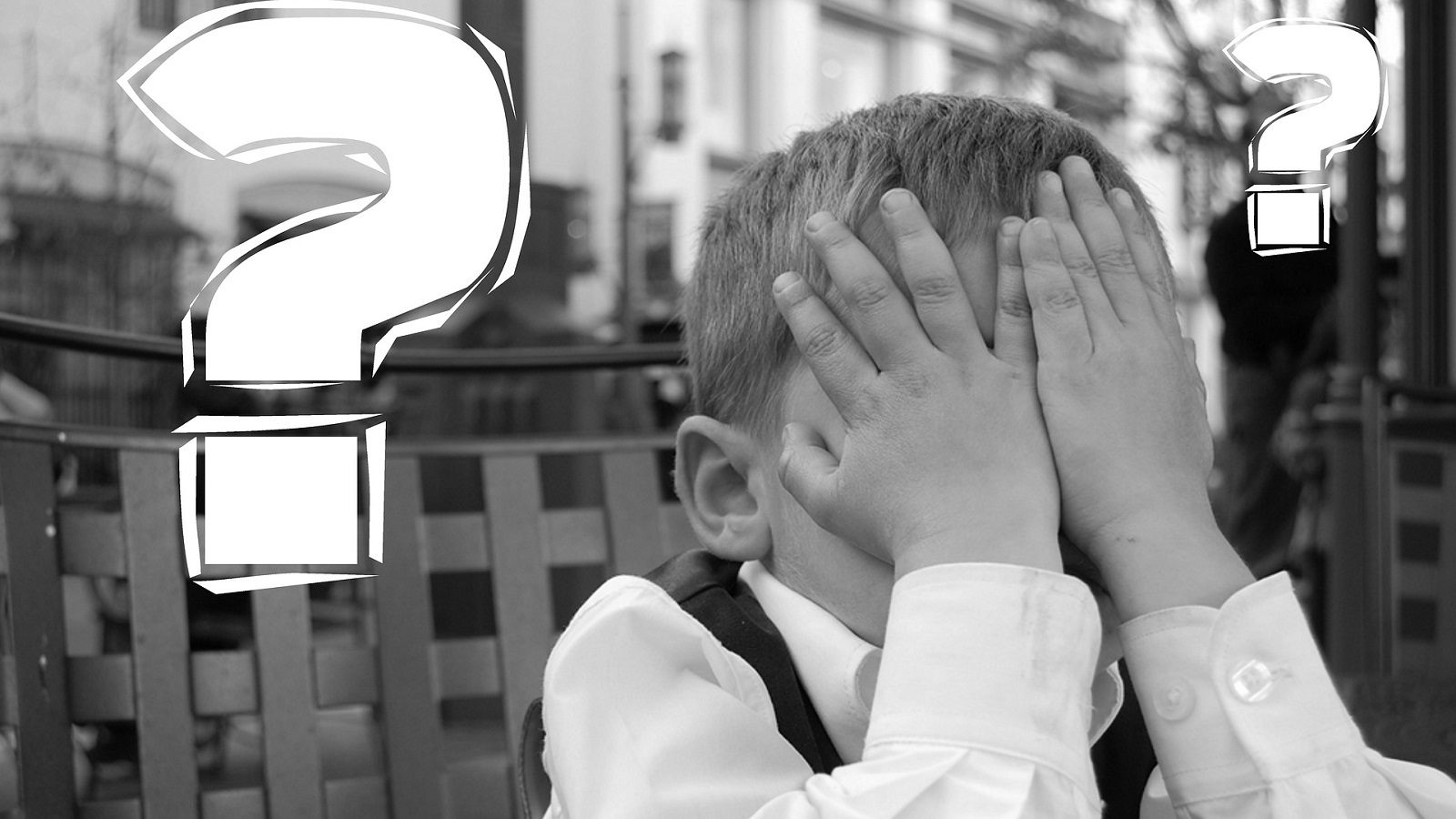
European Commissioner Thierry Breton has jointly called on Member States to leave Huawei and ZTE out of 5G networks because, in his opinion, they are “high risk sellers” and therefore neither its equipment nor its technologies should be used to build the infrastructure of any of the member countries of the European Union.
This move by Breton is not by chance, it is something that the Commissioner has considered necessary because he finds it disappointing that, despite the common lines of the European Union in which it is urged not to buy 5G equipment from Huawei and ZTE Due to the risk of espionage by China that this entails, only ten countries out of the total of 27 that make up said union have begun to adopt plans in that direction.
According to Breton, the inactivity of most member states poses a significant security risk to the entire union bloc, and he has said that “exposes the collective security of the union, as it creates a great dependency for the EU and severe vulnerabilities«. The original report indicating the common guideline to prohibit in Member States the purchase of equipment from high-risk sellers, published in 2020, did not give specific names, but in the updated version it has been made direct and clear reference to Huawei and ZTE to avoid possible doubts.
Technically, neither of the two companies have been banned in all the States of the European Union, at least for the moment, but it is true that the common movement is heading in that direction, since right now 21 out of 27 members have adopted a legislative framework for risk assessment in this regard, with three more countries soon to join.
Once the legislative framework is complete, most of the countries in the union will have the necessary regulations to veto specific manufacturers and sellers of 5G equipment, and among those affected will be Huawei and ZTE, of that there is no doubt. Both companies have reiterated their innocence in the face of espionage charges for their alleged links to the Chinese government, but this has been to no avail, and in the end the potential national security risk has taken over. Neither of the two companies is going through its best moment since they began to receive sanctions from the United States.



